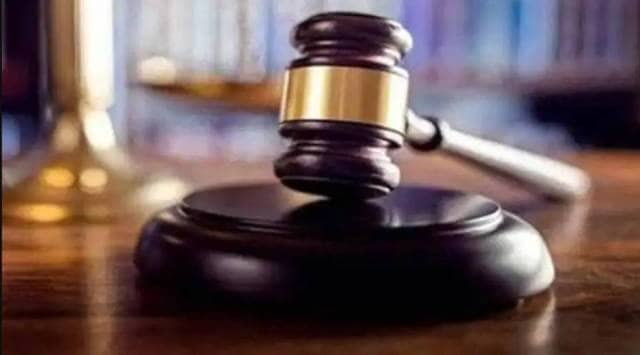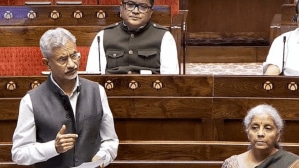Pursuing LLM will not be considered as suspension or break in practice of an advocate: Delhi HC
The Delhi High Court was hearing a plea challenging the appointment of a candidate to Delhi Higher Judicial Services. The petitioner had appeared for the exam but did not make it to the list of selected candidates.
 The high court perused a 2009 resolution of the Bar Council of India which states that practising advocates can join LLM course “as a regular student without suspending the practice”.
The high court perused a 2009 resolution of the Bar Council of India which states that practising advocates can join LLM course “as a regular student without suspending the practice”. While dismissing a plea challenging the appointment of a candidate to Delhi Higher Judicial Services (DHJS), the Delhi High Court held that pursuing a master’s in law will not be considered a suspension or break in practice of an advocate.
A division bench of Justice Vibhu Bakhru and Justice Amit Mahajan in its April 10 order said, “We find no merit in the petitioner’s challenge to the appointment of respondent no.5 in the DHJS. In view of the above, the petitioner’s prayer that the DHC be directed to appoint him in the DHJS must also fail.”
The high court was hearing a plea filed by a DHJS candidate, who had appeared for the exam but could not make it to the list of selected candidates. The petitioner was placed in the 35th position and the list was restricted to 32 candidates. The candidate had challenged the inclusion of three people in the selected list of candidates on various grounds.
The selection of one of the candidates, who began his practice in 2008, was challenged on the ground that he had pursued a full-time Master of Law Program at the University College London (UCL) from September 2015 to June 2016. The petitioner claimed that this selected candidate failed to satisfy the eligibility criterion as set out in Rule 9(2) of the DHJS Rules which requires the candidate to “have been continuously practising as an advocate for not less than seven years as on the last date of receipt of the application”.
The high court perused a 2009 resolution of the Bar Council of India which states that practising advocates can join LLM course “as a regular student without suspending the practice”. The high court thereafter went on to hold that the eligibility criterion of being in practice for seven years given by the DHJS rules does not require any inquiry into the actual area of practice of an advocate.
“If a person is enrolled as an advocate for a period of seven years prior to the date of the application, he would satisfy the eligibility criteria unless it is established that he was not entitled for being so enrolled as an advocate; had suspended his practice either voluntarily or otherwise; or had accepted an engagement or vocation, which was impermissible as an advocate. In the present case, respondent no.5’s practice, as an advocate, was not suspended during the period when he was pursuing the Master of Law Program. By virtue of Resolution…passed by the Bar Council of India, he was not required to suspend his enrollment as an advocate on account of pursuing the said full-time course,” the court held.
The court further examined Article 233(2) of the Constitution, which states that any person who has been an advocate for not less than seven years, is eligible to be appointed as a district judge and observed that there is “no material difference between the eligibility criteria” prescribed in DHJS rules and Article 233(2).
“It is implicit that the term ‘advocate’ would mean a person who is in practice as an advocate. We are not persuaded to accept that there is a difference between a person who is an advocate, and a person who has practised as an advocate,” the bench said.
It further rejected the contention that the DHJS Rules contemplate the condition of active practice as an advocate, in addition to the eligibility criteria stipulated under Article 233(2) of the Constitution of India. The high court took the view that DHJS rules on this point had to be read as “embodying the eligibility criteria for appointment of an advocate as set out in Article 233(2) of the Constitution of India”.
The high court also rejected the argument that the requirement of seven years standing at the Bar is materially different from the phrase “must have practised as an advocate” as contained in the DHJS Rules.
“We are unable to accept the aforesaid contention that the requirement of seven years standing at the Bar is materially different from the eligibility criteria as set out in Rule 9(2) of the DHJS Rules or Article 233(2) of the Constitution of India…The criteria that a candidate who has practised for not less than seven years is not different than the requirement of not less than seven years standing at the Bar,” the high court said.












